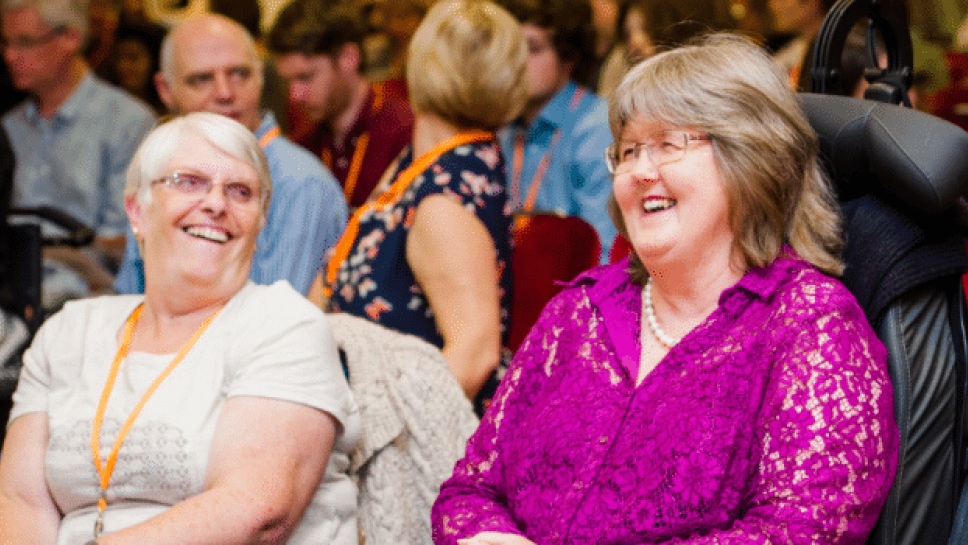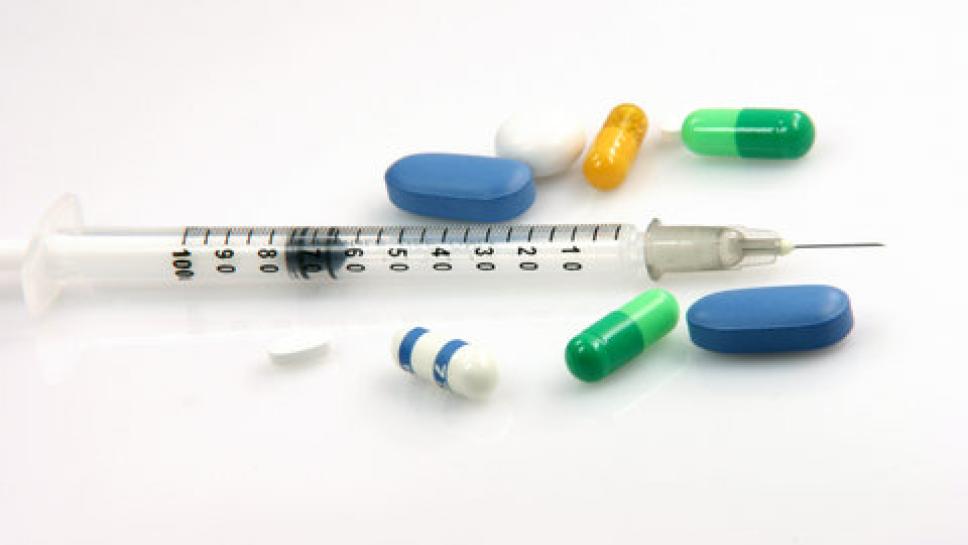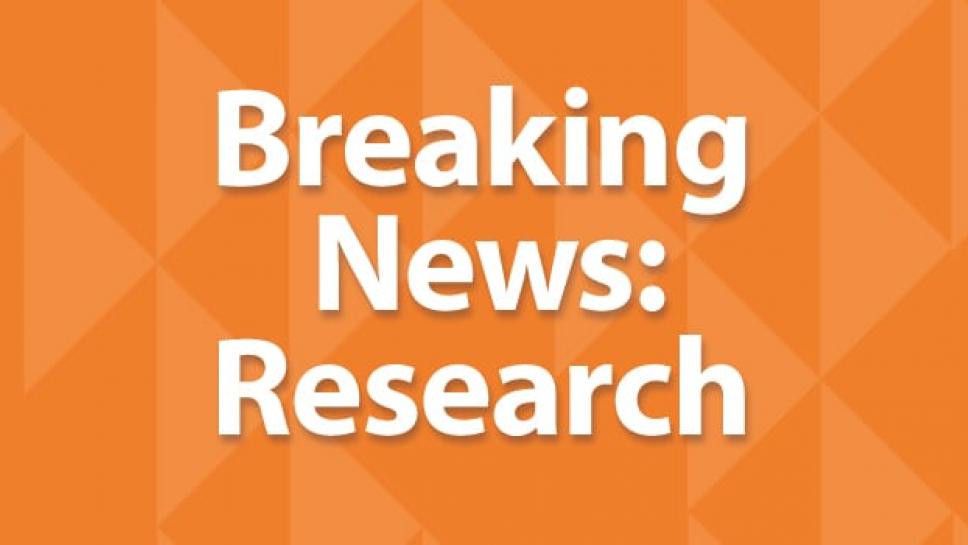In 2018 Muscular Dystrophy UK will continue to support health professionals to deliver best-practice care for people with neuromuscular conditions.
Below is an overview of the work that we will be undertaking to ensure better knowledge and support is available to health professionals that will lead to care improvements.
Online training modules
Muscular Dystrophy UK is working in partnership with specialist clinicians to develop an online training module which will support community health professionals to improve their knowledge of muscle-wasting conditions.
The new Allied Health Professionals module will be launched in summer 2018. The module will be an online resource for health and social care professionals who work with individuals and families affected by muscle-wasting conditions but who do not have any specific neuromuscular expertise.
Nurses, occupational therapists, staff working in wheelchair services, as well as teaching and educational professionals, are amongst the professionals who will benefit from tailored courses prepared by leading neuromuscular specialists.
After completing the module, which health professionals will have to pass a test to complete, participants will have more knowledge of the basics on treating someone with a muscle-wasting condition, as well as where to go if they require more specialised support.
This module follows the launch of our ELearning module for physiotherapists which has helped more than 1000 physios working with adults with muscle-wasting conditions to provide best-practice care for the people they support. In addition, our GP ELearning module has also been taken by over 1,000 GPs, and provides doctors with support around the diagnosis and practical management of people with muscle-wasting conditions.
If you would like further information on the resources we have available for health professionals please get in touch with our campaigns team at campaigns@musculardystrophyuk.org or on 0207 803 4826.
Respiratory study day
In April, Muscular Dystrophy UK will be organising an upskilling day for health and care professionals working with children and adults with neuromuscular conditions.
The event will be held in Birmingham and is part of our campaign to ensure all people with neuromuscular conditions have access to best-practice respiratory care.
Attendees will be able to choose from a range of practical workshops on offer across two rooms. There will also be an opportunity for case discussions, enabling health professionals to receive expert advice on respiratory care issues from leading clinicians.
The day will include:
- Gold standards of care for neuromuscular disease for children and adults
- Emergency and advance care planning for people with neuromuscular conditions
- Using a Mechanical Insufflator-Exsufflator (MIE) for people with neuromuscular conditions
- Case discussion
- Gold standards of care for neuromuscular disease for children and adults
Further details of this study day will be made available on our events page.
East of England workshop
On Friday 2nd March the East of England network is running a workshop in Newmarket for people working with children and young adults with neuromuscular conditions in this region.
The day will include:
- Managing Duchenne muscular dystrophy (DMD) in real world: case studies and discussion to include ASD, comorbidity, sleep and behaviour.
- Research updates
- The Challenges of Managing Young Adults with neuromuscular conditions; case studies and discussion on a regional approach
Further details can be found on our events page. To book your place please contact Kathryn Oakes at kathryn.oakes@addenbrookes.nhs.uk
Belfast neuromuscular study day
On Thursday the 1st of March we are supporting the specialist neuromuscular team in Belfast to hold a training day for local physiotherapists and occupational therapists
Topics covered include:
- an overview of the main neuromuscular conditions
- respiratory care
- equipment and adaptations
- MDUK support and resources
To register your attendance, please RSVP to Kim Conlon by email at Kim.Conlon@hscni.net or by telephone on 028 95 363420.








